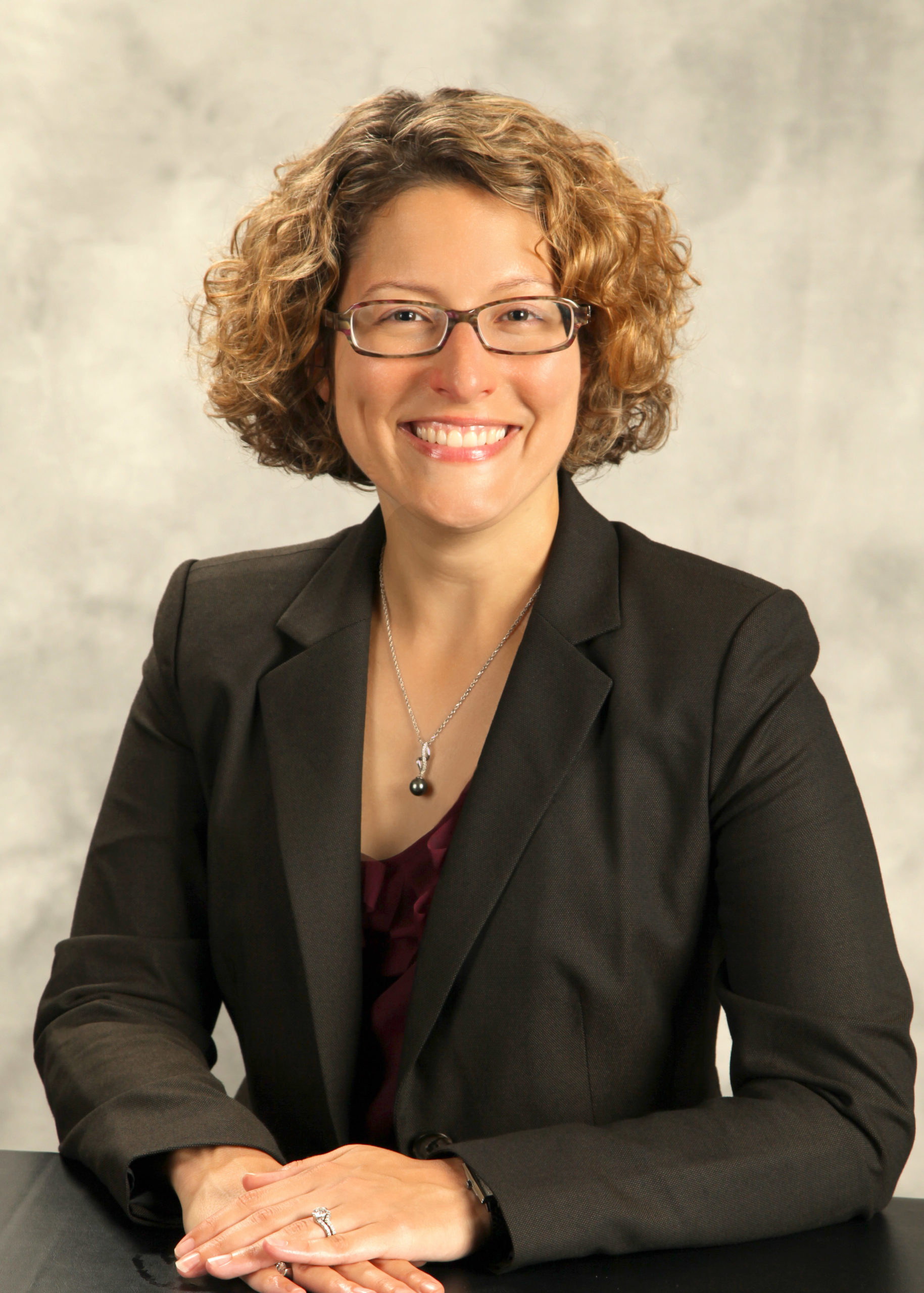 PITTSBURGH – Samantha L. Brutout, Esq. could not make it to last year’s Construction Super Conference (CSC) in Palos Verdes, Calif. Instead, the 14-year construction law veteran was navigating her way through a lengthy trial back in her home city of Pittsburgh, Pa.
PITTSBURGH – Samantha L. Brutout, Esq. could not make it to last year’s Construction Super Conference (CSC) in Palos Verdes, Calif. Instead, the 14-year construction law veteran was navigating her way through a lengthy trial back in her home city of Pittsburgh, Pa.
With plans still in place for a Dec. 7-9 CSC at the MGM Grand in Las Vegas, Brutout intends to make her CSC speaking debut during a panel entitled, Don’t Get Slapped With Slack: Navigating eDiscovery and Information Governance with New Technology.
“The topic is probably even more timely today than when we pitched it in March,” says Brutout, a partner at Dingess, Foster, Luciana, Davidson & Chleboski LLP, Pittsburgh, Pa. “The number of people who are using these tools was growing before the pandemic, but now with so many working from home, use of Microsoft Teams has exponentially increased because companies needed something that they already had in place. A lot of people used Office 365, and they had Teams’ subscriptions that they didn’t even realize they had.”
Scheduled for Monday, Dec. 7, from 4:00 p.m. – 5:15 p.m., the panel includes:
Matt Mahon, national manager, eDiscovery Sales, Ricoh USA Inc.
Garry Pate, director, Forensic Investigation & Litigation Services BDO; and Chris Imler, Legility.
Panelists will discuss newer technologies such as Slack, Microsoft Teams, and other instant messaging apps that employees may be using, along with the business, legal, and other implications of these tools. Brutout points out that many managers don’t even know for sure whether their employees are using these tools.
To properly prepare for eDiscovery, basic questions must be answered, such as:
• What policies are in place?
• How are materials preserved in case of litigation?
• What devices are permitted for employees to use these tools?
• Does the company have a bring-your-own-device policy, or are there corporate issued phones?
“We’re going to talk about the advantages and disadvantages of bring-your-own-device policies,” says the 39-year-old Brutout, a graduate of Case Western Reserve School of Law in Cleveland. “We’ll probably end with a little discussion of privacy concerns and then spend the last ten minutes talking about best practices.”
Too often, companies are unaware of the communication tools being used by their employees, which can lead to problems at inopportune moments. “The last thing you want is to be in a custodian interview for a big litigation and find out that your project manager, and all the people who have been working on this five-year construction project, have been using communication tools that you had no idea they were using,” Brutout warns. “Based on my trips to CSC, and on discussions with existing clients, there’s a lot of new technology that’s being used on construction sites that maybe some people don’t realize are being used. I want to highlight some of the advantages, but also some of the pitfalls.”
During the global pandemic of the past few months, all lawyers have had to do without familiar office resources. For Brutout, it forced her to get creative with her practice—networking in different ways and using different tools. All the attorneys at Dingess, Foster, Luciana, Davidson & Chleboski were home for about 12 weeks, and now they are back.
“I like the structure of coming back to the office,” says Brutout, who received bachelor’s degrees in History and Political Science from the University of Toronto. “My practice is 50 percent construction litigation and probably 50 percent e-discovery. Sometimes you’re dealing with millions of project records—the information governance, the record management, and then the e-discovery piece is critical.”


